
This year marks the 10th anniversary of The Game Awards, and in that time Geoff Keighley’s annual event has established itself quite firmly as the leading awards ceremony for the game industry — the Oscars of gaming. It remains promotionally overstuffed to the point that it’s still arguably better known for trailers than awards, but that’s changing. And although its winners tend to be pretty conservative, they are broadly representative of the critical consensus. Its voting body is composed of a wide range of international games media, so the chances are, your favorite publications’ and critics’ picks feed into The Game Awards. (Polygon’s do.)
The top prize of the night is, of course, Game of the Year — and there are clear indicators of what makes a Game of the Year at The Game Awards, based on a decade of data. So who are the true contenders in 2024? After crunching numbers and taking temperatures, we’ve formed a picture of this year’s likely nominees (there are six) and ranked them. The catch is that we’re only including games released to date. Unlike in the film industry, where most titles are known quantities by the time festival season rolls around in early September, you never really know what kind of impact a video game will have — or how good it will be — until it’s out. We will update these rankings as games come out. Things will likely move very fast over the coming weeks as big games are released and the voting deadline gets closer. You can check out the likely contenders in the “Upcoming” section below.
Update (Oct. 31): Our second predictions update brings the much-anticipated contender Dragon Age: The Veilguard into the mix after its review embargo lifted on Oct. 28. Reviews were overall positive, but too mixed to indicate that it’s going to crash the party of more acclaimed games at the top of the list, despite being the definition of a Game Awards game. It earns a nomination spot at the expense of Zelda: Echoes of Wisdom, which seems to have faded from the collective consciousness. Elsewhere, there’s not much movement, although it’s worth noting that things could not possibly be tighter between the top two spots. (Oh, and Call of Duty: Black Ops 6 came out, too, but although it seems like a solid entry in the series, it’s unlikely to trouble the Game of the Year category.)
GOTY frontrunners
1. Astro Bot
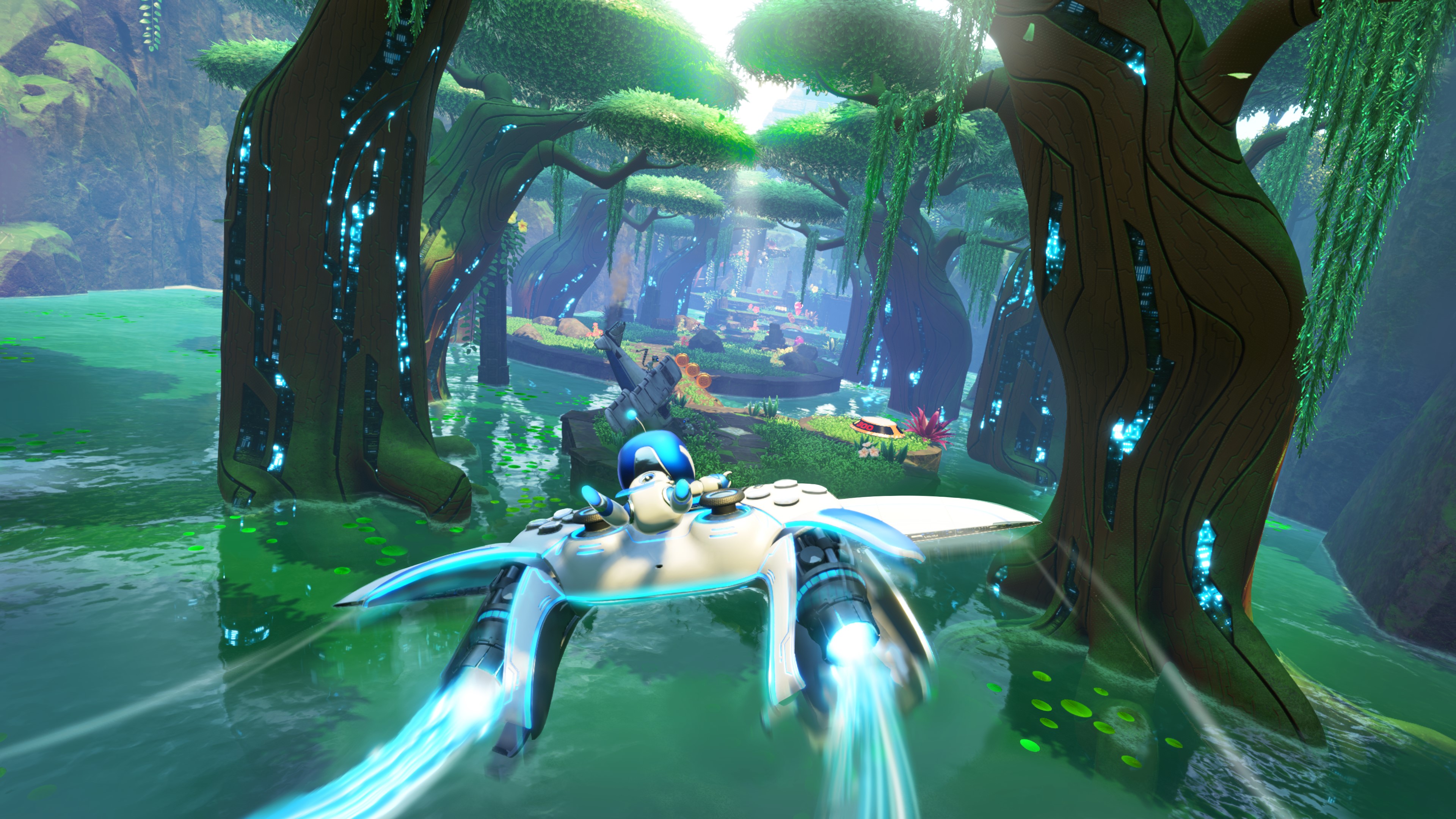
Why it could win: With a 94 Metascore at time of writing, Team Asobi’s delightful platform game enjoys the strongest critical consensus of any game this year (and rightly so), unless you count Elden Ring’s Shadow of the Erdtree expansion, which isn’t eligible for The Game Awards’ Game of the Year award. It’s also technically dazzling, which is historically a strong plus in GOTY consideration.
Weaknesses: Games nominated in the Family category, as Astro Bot surely will be, very rarely break through in the main competition, unless they’re also strong in the Narrative category — which Astro Bot, for all its charms, is not.
Momentum (holding steady): Astro Bot has united a broad swathe of critics and fans like no other game this year; its quality is self-evident, its vibe is upbeat and totally unproblematic, and few critics are immune to its naked nostalgia appeal. In a confusing year, it’s looking like the default choice, and the game to beat so far.
2. Metaphor: ReFantazio
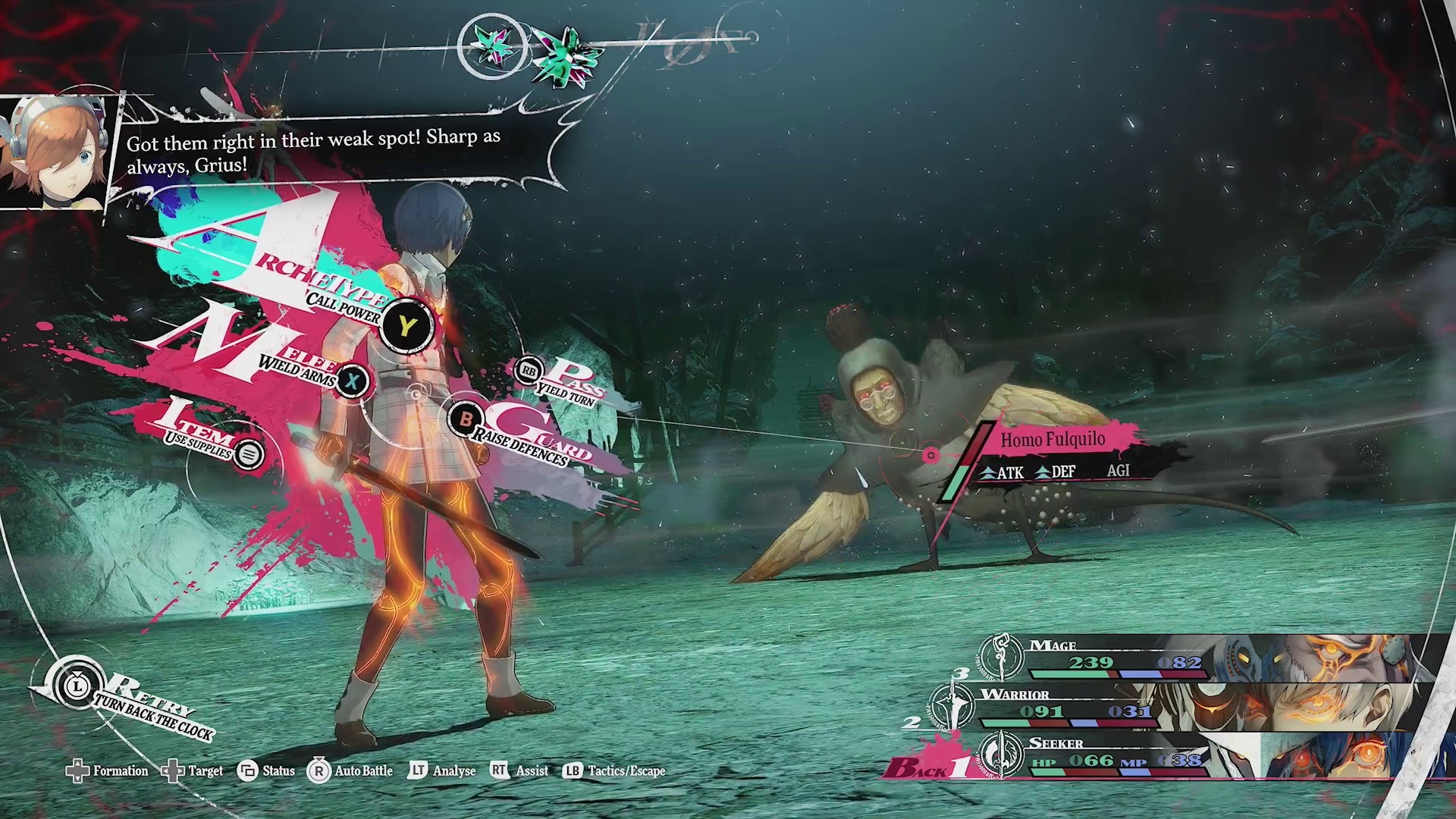
Why it could win: The distinctive role-playing games of Atlus’ Studio Zero have been critical darlings for a long time, but Persona 5 (which was nominated for GOTY and won Best RPG in 2017) propelled them to a new level of popularity and acclaim. Now Metaphor is here to ride that wave. With solid game mechanics, strong storytelling, and memorable characters in a favored genre, this could be the moment Atlus’ brand of RPGs outshines genre stalwart Final Fantasy. Despite not having Persona brand recognition, it’s already Atlus’ fastest-selling game, too.
Weaknesses: Despite their rising popularity, Atlus’ games still operate in more of an expanding niche than in the mainstream, and the old-school turn-based combat is a turn-off for some (though you might have said similar about last year’s winner, Baldur’s Gate 3).
Momentum (holding steady): Metaphor’s Metascore has settled at an amazing 93, and it’s such a substantial game that most critics who committed to it are still deep in the weeds, discovering the delicious complexities of its late-game battle system. If anything, it has inched so close to Astro Bot that the race between them is a toss-up.
3. Final Fantasy 7 Rebirth

Why it could win: As a big production from a famous series in a favored genre, with strong story and performance elements and a 90-plus Metacritic rating, Final Fantasy 7 Rebirth has no peer this year (yet). The game also benefits from rabid fan support in the PlayStation community (it’s a PS5 exclusive), and it won Most Anticipated in 2023.
Weaknesses: Sales were slightly underwhelming, according to publisher Square Enix itself, and the critical consensus around it is not quite as unanimous as that 92 Metascore would suggest.
Momentum (holding steady): It feels like Metaphor: ReFantazio is eating Rebirth’s lunch right now. That might be recency bias talking, but then, recency bias is very much a thing in awards voting.
4. Balatro
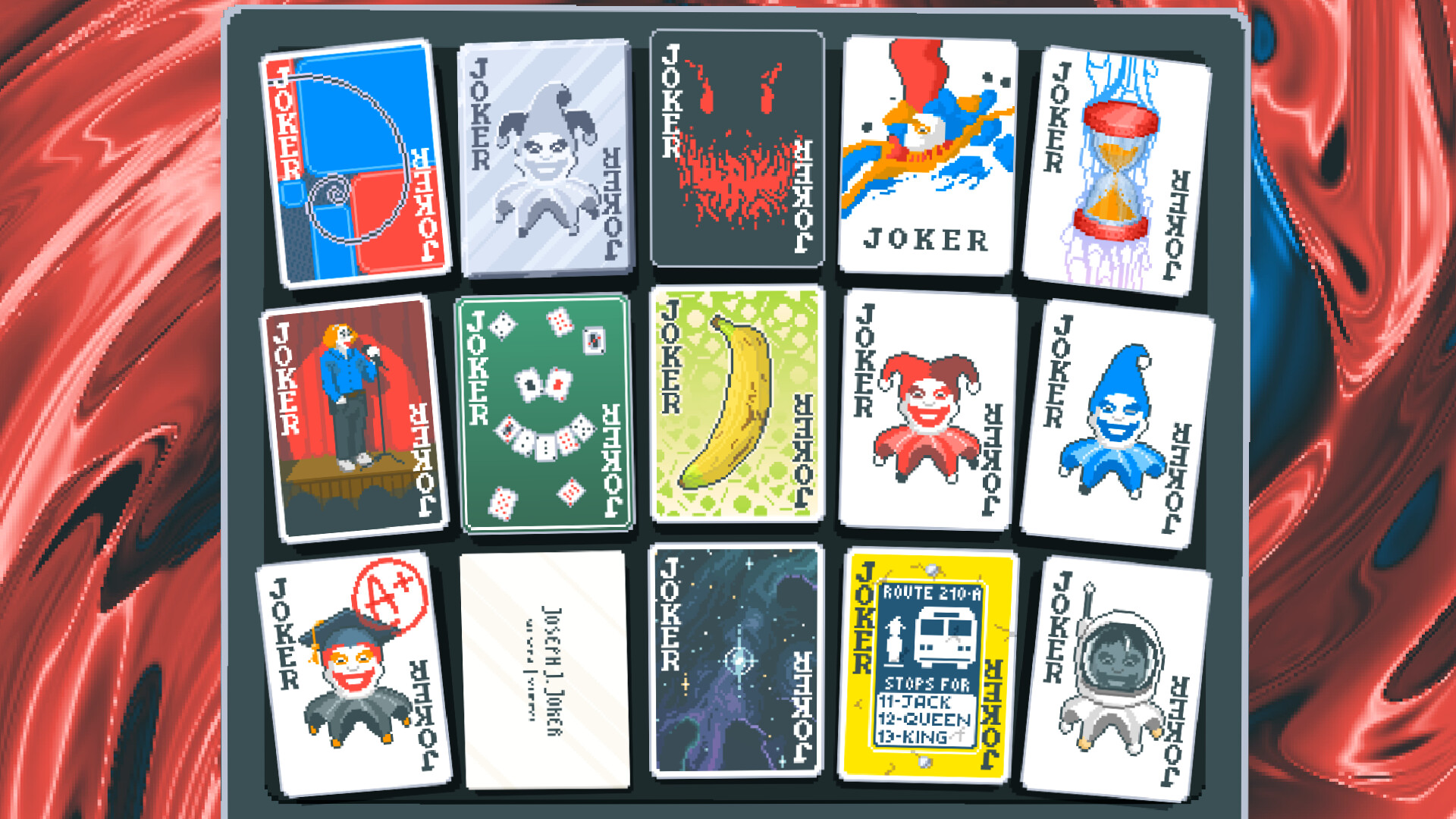
Why it could win: In terms of indie darlings, poker roguelike Balatro is right up there with the likes of Animal Well and UFO 50, with a 90 Metascore. It’s also more widely and consistently played — not only is it popular, but the people who like it are probably still playing it, and unlikely to stop before voting. It might be the stickiest game of the year.
Weaknesses: It’s a purely systemic card game with zero narrative elements, something that does not historically go over well at The Game Awards. There’s also a question mark over how broad its international appeal is, an important factor for TGA’s diverse voting jury.
Momentum (holding steady): Balatro’s convenient new mobile version has arrived at the perfect moment to remind the jury why they couldn’t stop playing it back in February. (And based on what we’ve heard, a number of voters are thinking about it as GOTY material.) It’s just enough for it to edge out the more TGA-friendly Animal Well as a likely nominee.
5. Silent Hill 2
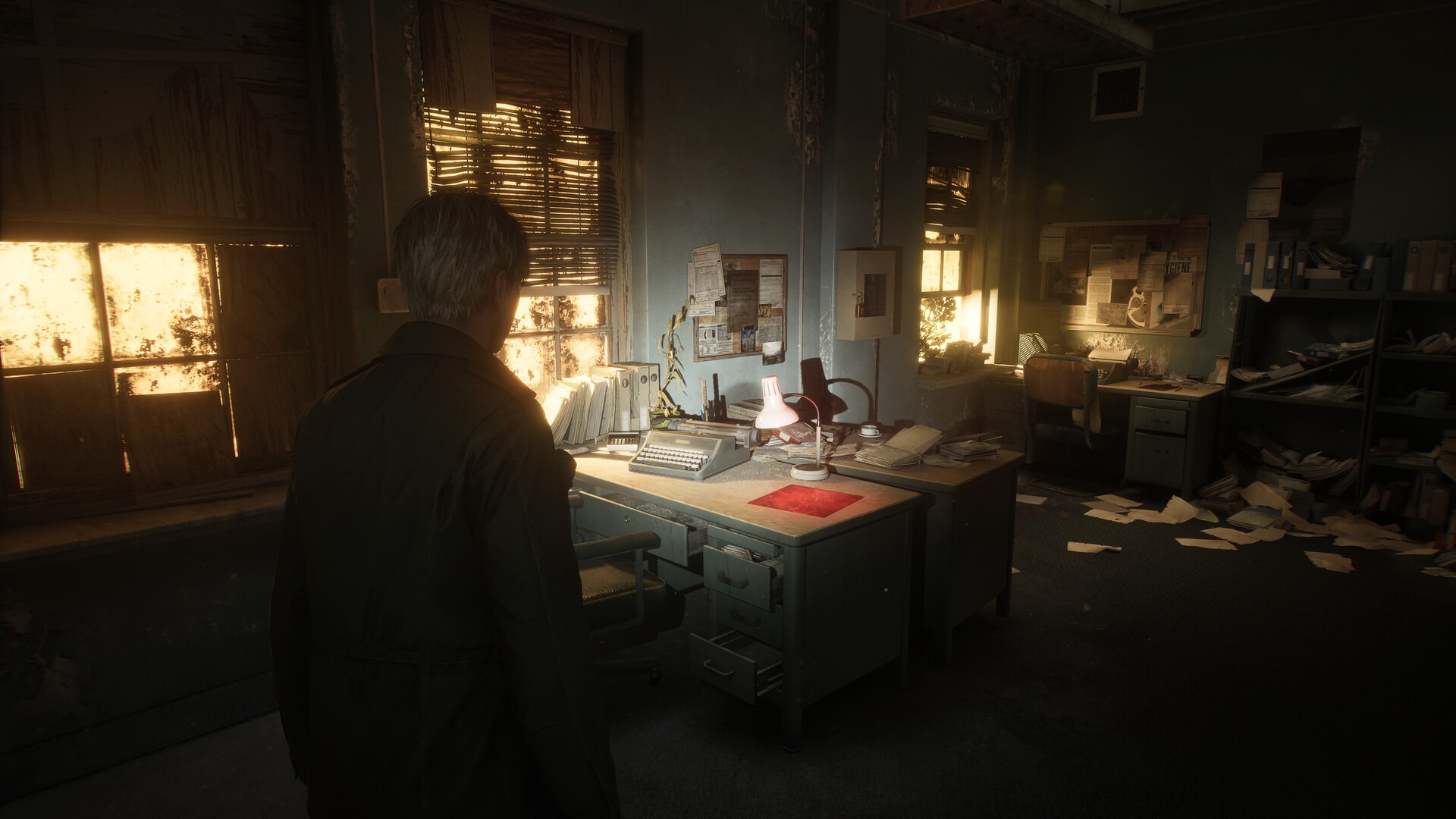
Why it could win: Bloober’s version of Konami’s survival horror classic is exactly the kind of remake that can squeeze into GOTY consideration: largely faithful to the original in shape and spirit, but willing to take a few creative risks, all while being a massive technical leap forward. (Just like Capcom’s Resident Evil 2 and 4 remakes, both GOTY nominees.)
Weaknesses: Horror games are one of the many “might get nominated, but won’t win” categories at The Game Awards. So are remakes.
Momentum (📈 from #6): The surprise factor is big for Silent Hill 2 — most observers did not expect the Polish developer to be able to pull off a release of this quality, which has earned the game loads of goodwill.
6. Dragon Age: The Veilguard
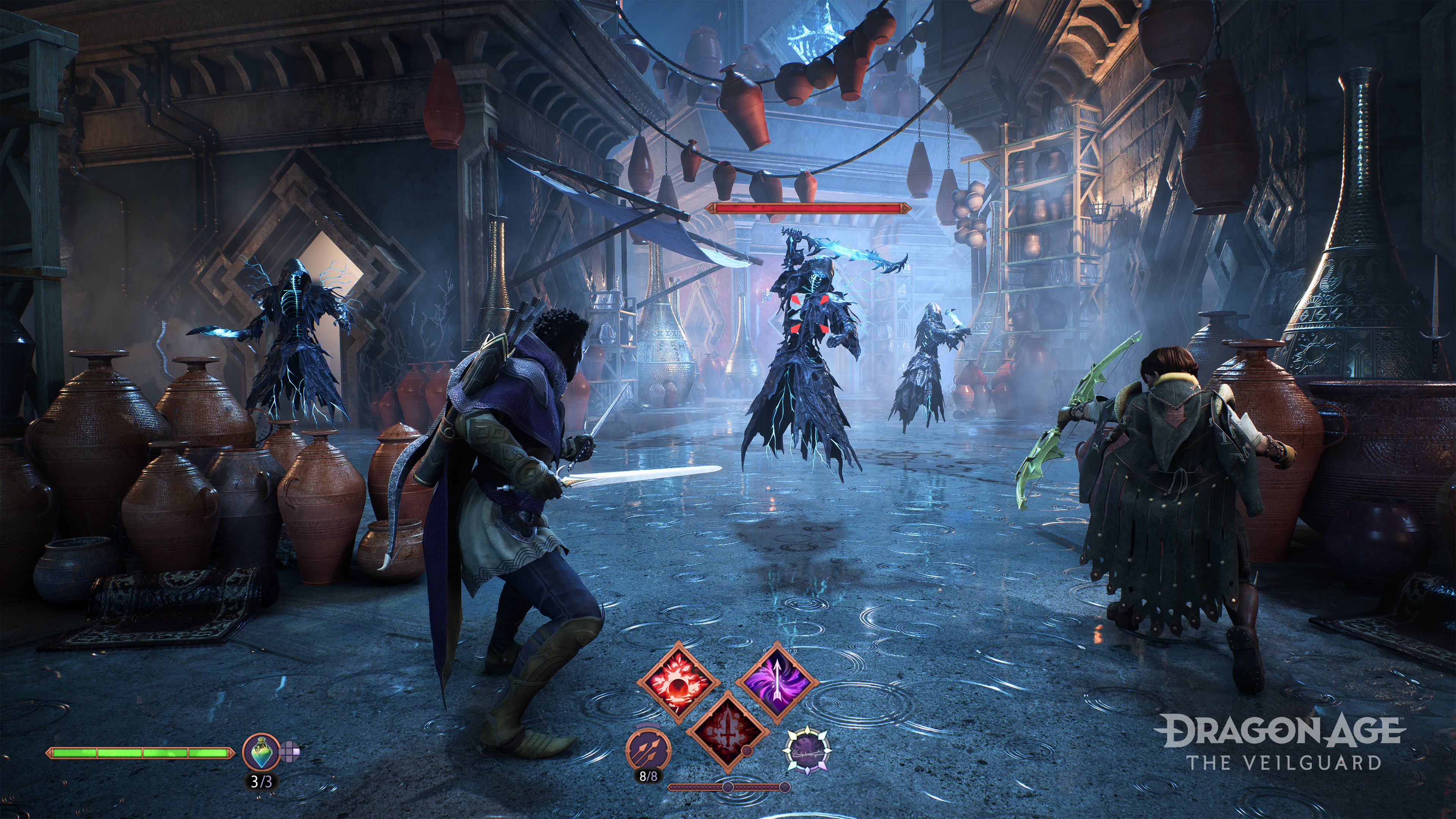
Why it could win: BioWare’s big comeback is a perfect example of the kind of game that tends to go down very well with The Game Awards’ jury: an expansive, comforting, narrative-led adventure with high production values and mainstream appeal. It would have to sorely disappoint not to get a nomination.
Weaknesses: After the letdowns of Mass Effect Andromeda and Anthem, BioWare’s reputation is riding on this one — and while most reviewers agree that it’s an improvement on those games, its mixed-to-positive reception hasn’t quite put those concerns to bed. Some critics feel the developer is stuck in a rut, and the close comparison with last year’s winner Baldur’s Gate 3 is a tough one.
Momentum (new entry): A Metascore of 84 is good enough to score a nomination considering the game’s other strengths — but only just. That said, it’s a crowd-pleaser, and strong fan support during its first week or two could lift it further up this list.
Dark horses
What’s bubbling under the top six? Here are a few other games with an outside chance at a nomination, but that have the odds stacked against them.
Like a Dragon: Infinite Wealth: A former frontrunner. Cultish it may be, but the Like a Dragon/Yakuza series is growing in popularity and reputation, just like Persona. Amazon’s forthcoming Like a Dragon: Yakuza TV series might give it a bump, but Metaphor: ReFantazio has probably blocked its path to a nomination.
Dragon’s Dogma 2: A major open-world role-playing game with an 86 Metascore, Dragon’s Dogma 2 should be in a good position to compete for a nomination. But it’s systems-led rather than story-led and its uncompromising design is divisive with players. “Divisive” does not win GOTY.
Helldivers 2: The sensation of the first half of 2024, Helldivers 2 was an unexpectedly massive viral hit that dominated the conversation for several months. Critics liked it, too. But it’s a pure multiplayer title, and such games almost never get nominated, and certainly never win.
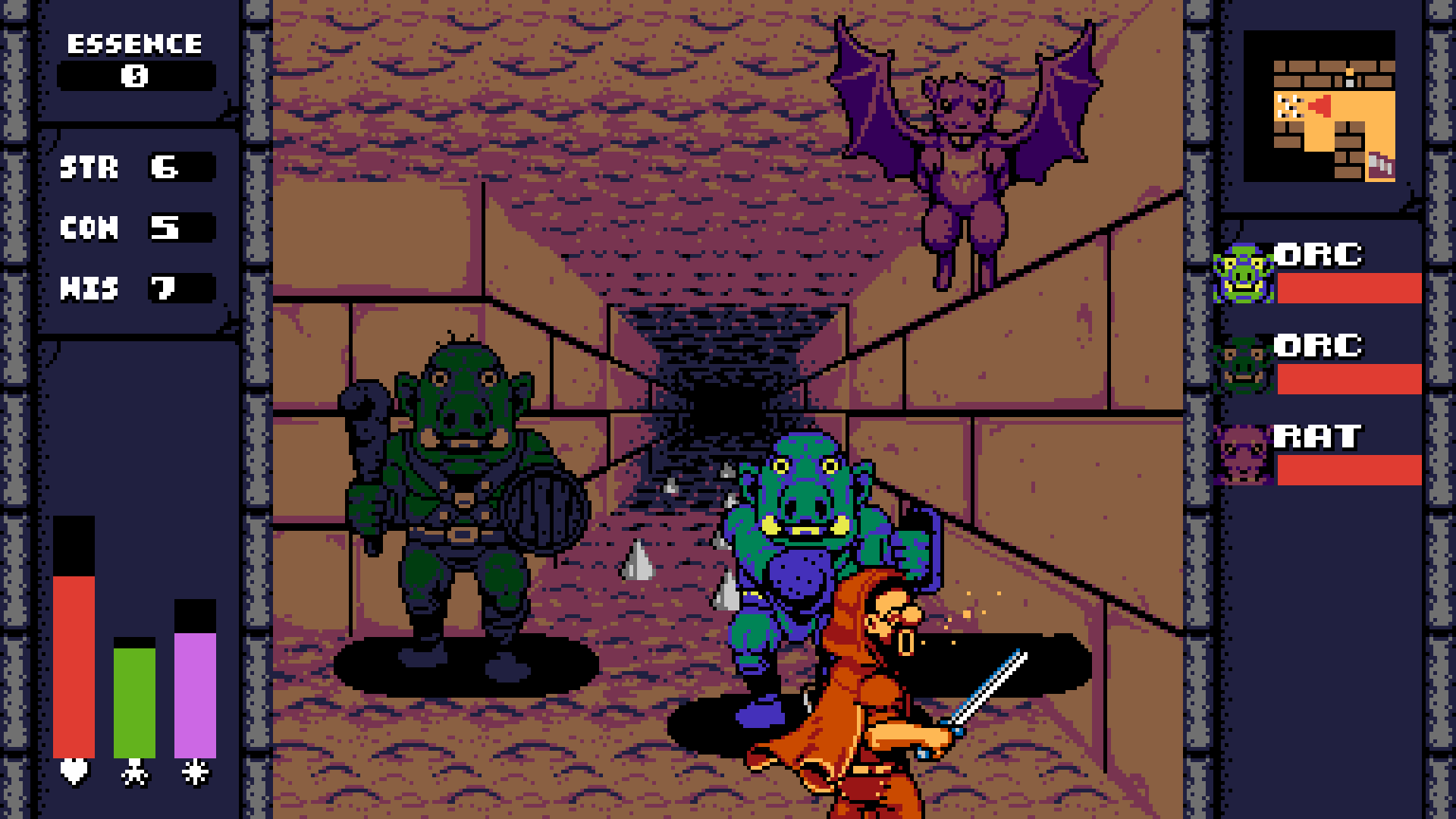
UFO 50: A certain kind of critic (of a certain age) is doolally about Mossmouth’s extraordinary compilation of 50 imagined 1980s games. It’s a truly head-spinning achievement in game design, but quite esoteric and backward-looking for GOTY.
Animal Well: A former frontrunner and a critically acclaimed (91 Metascore) puzzle adventure that’s really strong on visuals and atmosphere. It’s also published by Bigmode, the new label led by popular YouTuber Dunkey, giving it a minor fame boost. But it’s not exactly accessible.
The Legend of Zelda: Echoes of Wisdom: A former frontrunner, this charming twist on the Zelda formula is beautifully made but perhaps not quite as beautifully made as it might have been if it had been made in-house at Nintendo. And one month from release, conversation around it has dried up.
Other dark horses: Prince of Persia: The Lost Crown, Warhammer 40,000: Space Marine 2, Black Myth: Wukong, Satisfactory, The Plucky Squire, Hades 2 (early access).
Upcoming
Here are the games we think have a shot at nomination that have yet to be released. (Note: Indiana Jones and the Great Circle, which arrives on Dec. 6, is ineligible due to TGAs’ Nov. 17 cutoff for new releases. It will be eligible for The Game Awards 2025.)
STALKER 2: Heart of Chornobyl: Shooters aren’t often recognized in the GOTY category, but one with a good story both inside the game and outside it — STALKER 2’s developer is Ukrainian, which guarantees warm sentiment toward it — has a good chance if it reviews well.
Metal Gear Solid Delta: This remake might sneak a nomination if its take on the original is bold enough — and if voters embrace the boldness.
